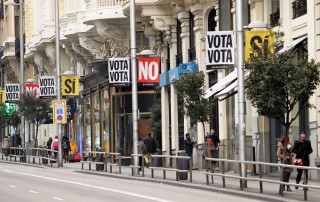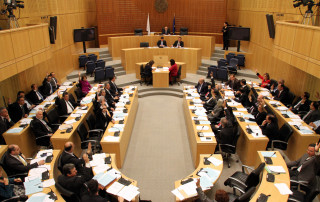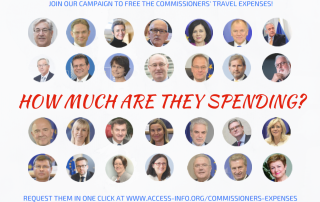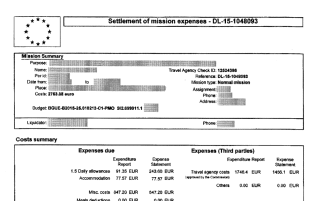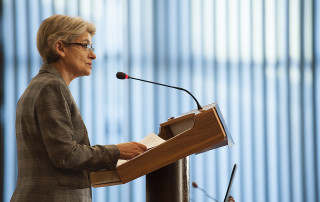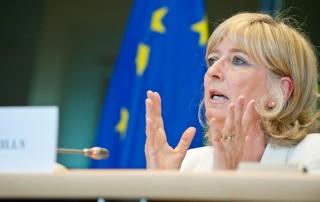OGP in Spain: More political will on participation, but legal battles for information are still underway!
Helen Darbishire2018-11-13T10:03:42+01:00[Article first published by the Open Government Partnership Blog] Madrid, 17 February 2017 - February has been a month in which numerous high level political figures in Spain have been found guilty and sent to jail on corruption charges, including King Felipe VI’s own brother-in-law sentenced to six years in prison (more info in English here), things are also moving forward in a positive way when it comes to developing open government, with a new political team working on the next OGP Action Plan and Madrid City Hall holding an innovative, large-scale, public consultation as part of its first OGP

